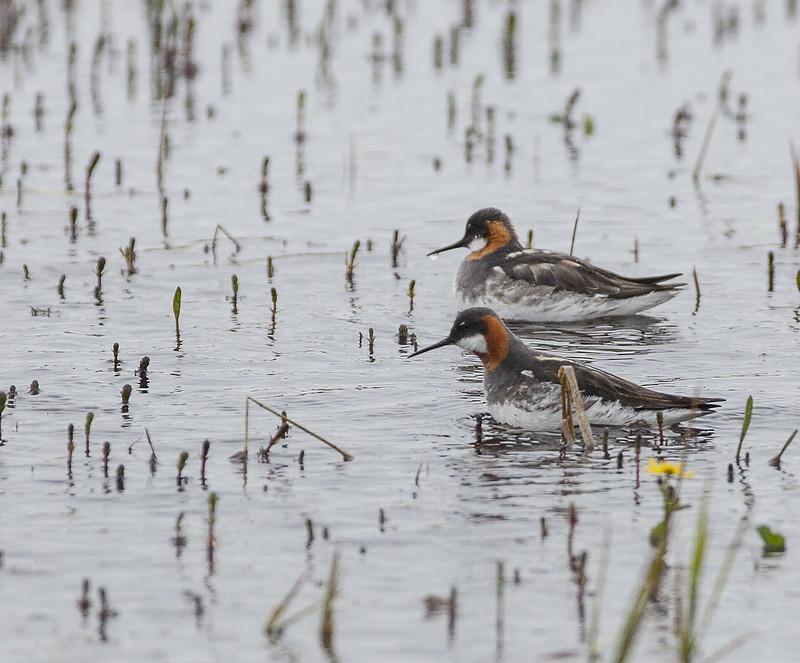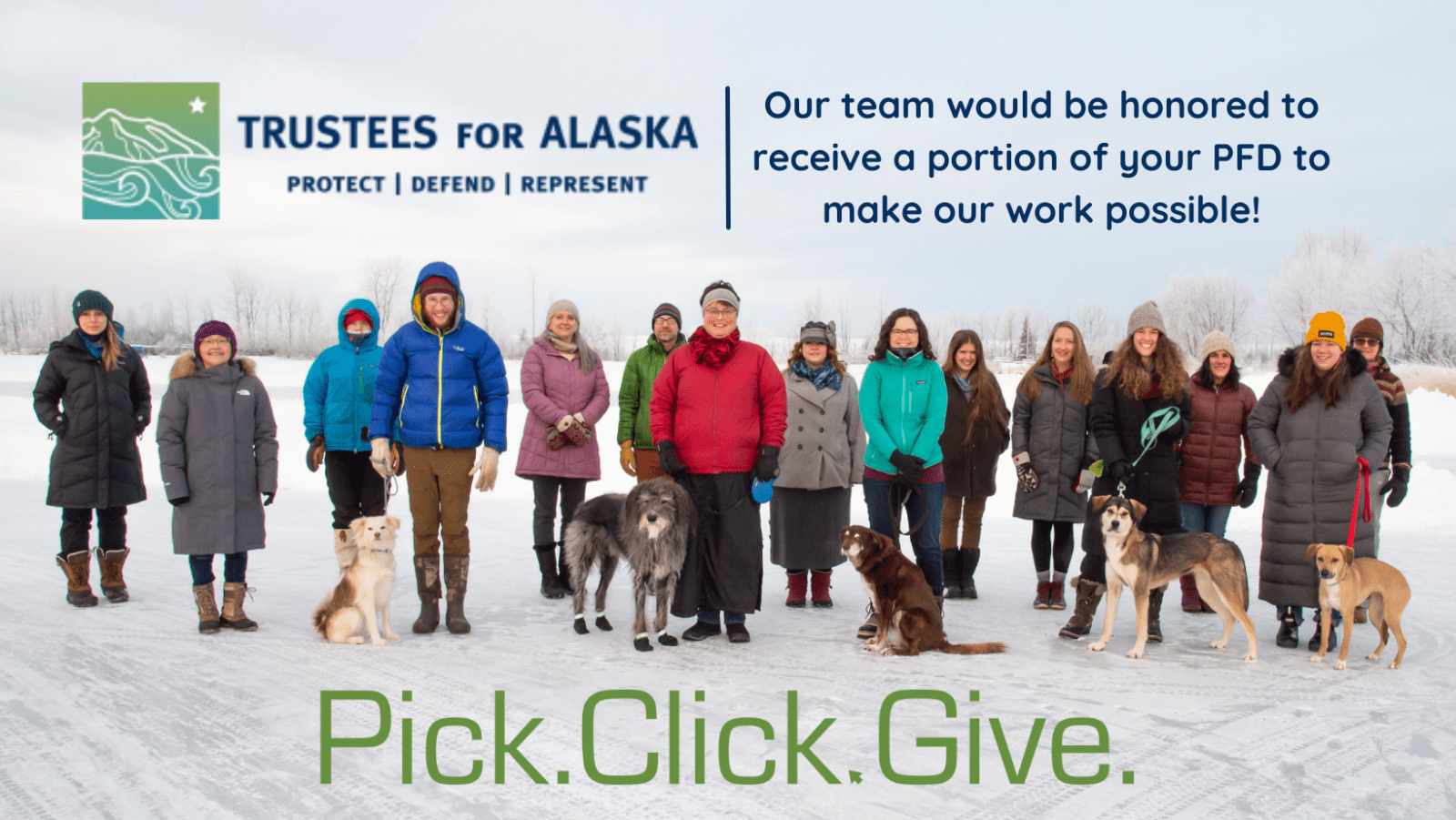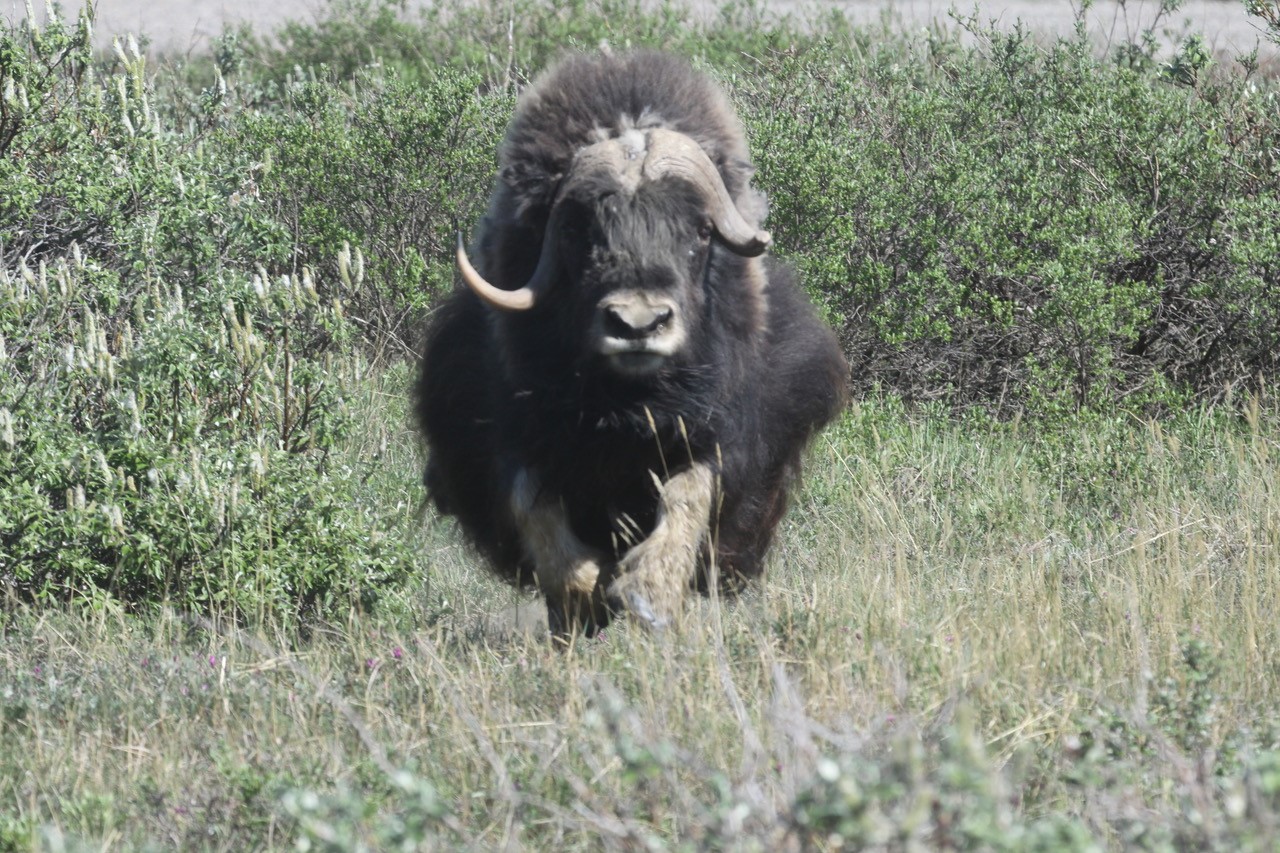
Hurtful feelings and hard conversations: Alaska News Brief January 2022
Near the start of The Daily’s three-part series on the Jan. 6 insurrection, the podcast plays audio from the rally and riot. In one clip, someone shouts, “The government did this to us. We were normal, good, law-abiding citizens, and you did this to us. We want our country back.”
There’s so much to learn from the way people frame their behavior and the actions of others, and about how we position blame and accountability. It’s how we got here, and it has to change.
Grappling with crisis in a partisan dystopia
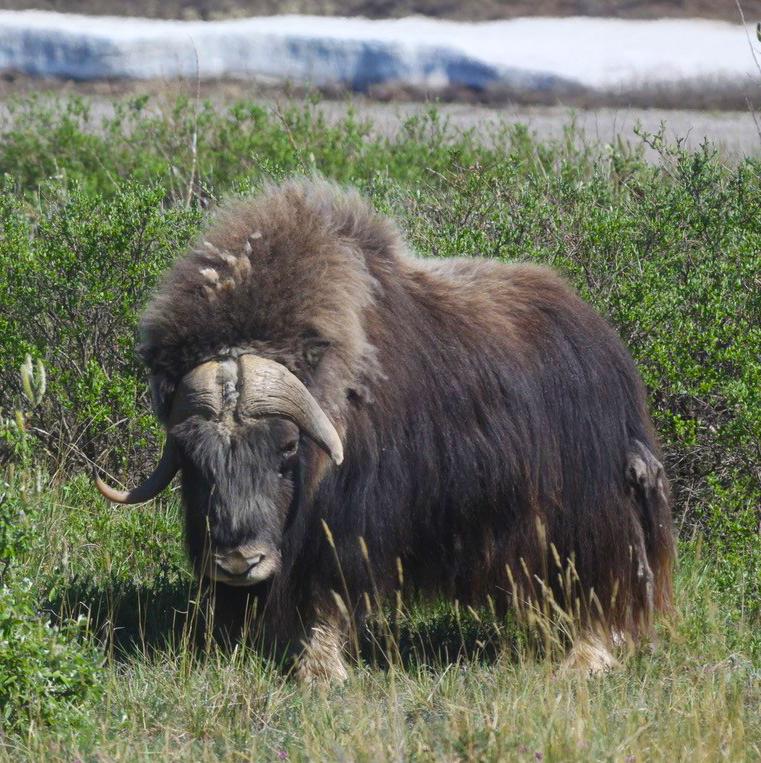
We’re all caught in that Jan. 6 moment, in a way, a nation of people unable to agree about what truly happened that day and why and unwilling to characterize what took place in a way that helps us solve problems and hold people accountable, together, rather than latching onto divisive rhetoric and intransigent positions.
We’ve been here before: a world of “alternative facts,” where conmen and grifters can demand loyalty and get it, while trust in kin and community and keystone institutions erodes. Here again, George Orwell’s timeless warning in “1984” resonates.
This perilous, “post-trust” thinking carries across issues, in conspiracies, and within climate change denial and the dangerous myth that technology or “free” markets can solve everything.
It’s hard for me to understand why we can’t look directly at the insurrection, or climate chaos, or the way technology has undermined social connections and democratic principles, and then have the hard, necessary conversations to get back to our common constitutional values. When you really listen to people, you hear the same claims of feeling left out, of feeling demeaned or without opportunities—and the same fears, resentments, anger, and other dangerous emotions—no matter their political perspectives.
There is common ground, even if it’s lost in the chaos and sound bites. We don’t live in a world of binary choices. We live in a world where we have incredible influence over the health and wellbeing of human beings and other living things—and on how we make decisions about the real world challenges that threaten life, the planet, and the future.
Yet it feels like people want to give up or just sweep the challenges we face under a rug of deception, carelessness and excuse.
Burned out and in denial
I suppose some folks feel burned out after burning bridges with family members and friends over partisan politics, and now they just want to stay out of it. Surely some folks feel content talking only to the people in their bubbles and not bothering to try to understand why others feel differently. And others might want to avoid conflict at all costs because the discomfort of finding common ground with others depletes any emotional resilience we have left.
It’s true, facing painful situations and challenges, and the emotions that go with them, requires intention, along with the space and language to do it.
“People will do just about anything to avoid pain, including cause pain,” said social scientist and author Brené Brown in “The Happiness Lab” podcast with Dr. Laurie Santos. “It’s just human nature to avoid what hurts, even if—and this is the cognitive dissonance part—even if we know avoiding it will exacerbate it.”
The pandemic has isolated everyone in some way, whether via quarantines and virtual meetings, or infighting over masks and vaccines, or grief and loss and dread. Too often, political figures isolate in their partisan silos, too, and communicate through media rather than face to face, human to human.
Partisan politics is by nature incapable of inspiring acts of true courage, leadership and vision. After all, if everyone’s a victim and everyone’s right and everyone else is to blame and the only goal is to seize and hold power, how can you accomplish anything except destructive, ladder-climbing power grabs founded on agendas devoid of trust and caring, and carried forth by grifters and deceivers, pundits and bullies?

And in the virtual sphere, it’s even easier for people to attack each other over anything and to evade accountability for harm done, lies perpetuated, speculation that fosters bogus conclusions, and content driven by the goal of creating “conflict” rather than connection or understanding.
For too many people, social media has replaced friendships.
The earth is our home
“Getting back to nature” sounds like a trope, and yet it also feels necessary. Nature—the land and everything in relationship with it—connects us with those who came before us, with the larger cycles of life, culture, and purpose, with ourselves and our responsibilities to others.
It seems to me that the emotions we fail to confront collectively right now—the ones around who we say we are and how we came together on this north American continent, and our claims to our roles and rights and legacies—stems in some way from our disconnection/connection with the land and all the ways it’s been stolen, claimed, settled, exploited and hoarded, and also taken care of, nurtured, tended, appreciated, and made sacred.
My expertise is the law, not social sciences. Yet I see how the Jan. 6 insurrection, the movements that led to it and the slow and fractured collective response to it are woven within all the existential challenges we face.
Manipulators and demagogues use our fear, doubt, shame, dread, anger, resentment, disappointment, confusion, grief, even apathy to wield power. They use our negative emotions—the ones that trouble us, that make us less capable of thinking clearly, and that we are most susceptible to—to tell us what to think and who (not) to trust.
There’s a false belief that hiding and denying emotions means controlling them, said Brown, but it’s looking them in the eye that truly gives us power.
My hope for 2022 is that every one of us looks our emotions—especially the negative ones—in the eye. We’re going to need that power for the conversations and work ahead. We’re going to need each other, too, to build bridges, find real courage (not the bogus PR kind), and demand leadership that puts the common good first.

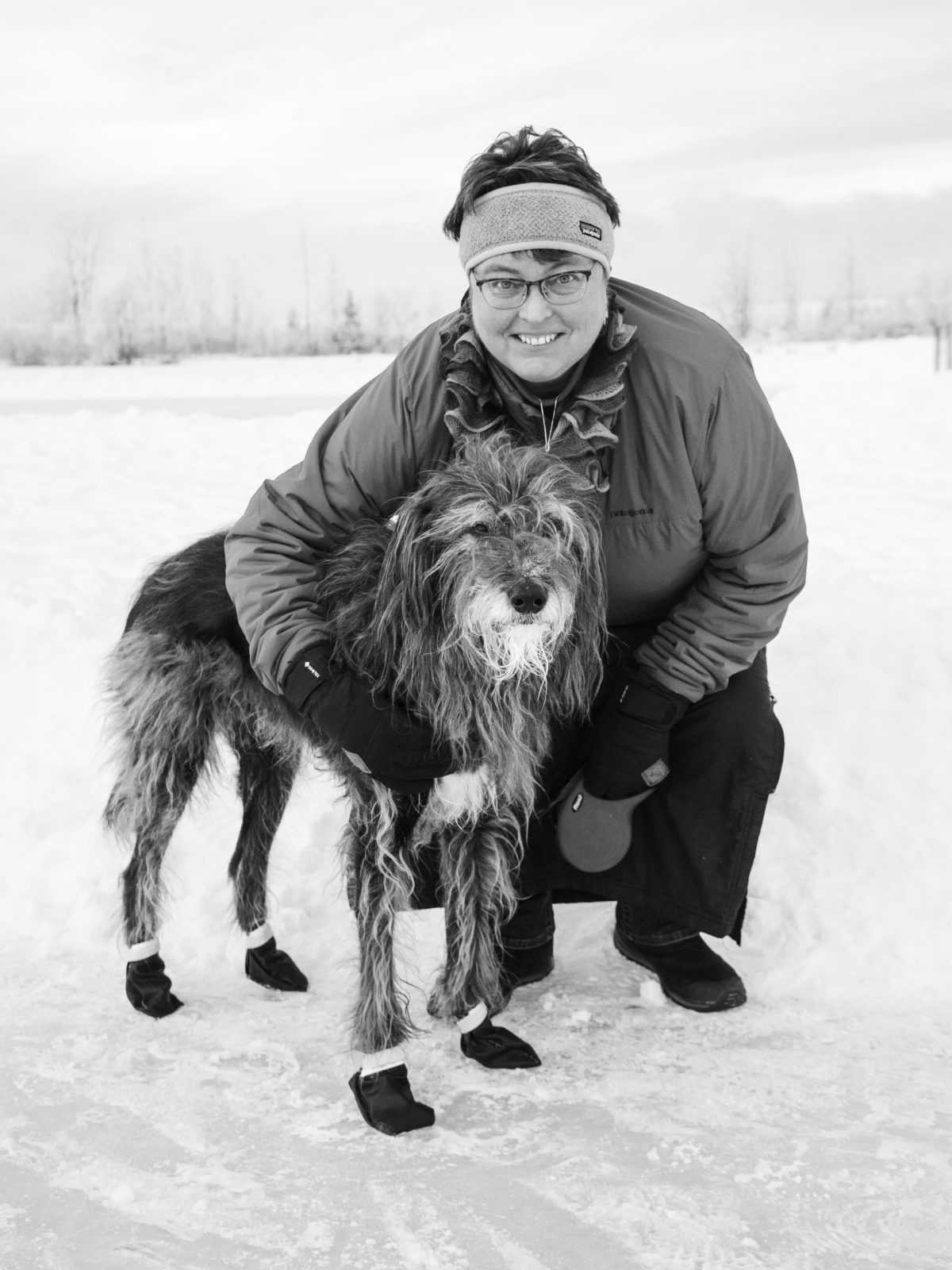
PS. Thanks to supporters like you, we can continue fighting to protect Alaska’s land, water, air, wildlife and people!
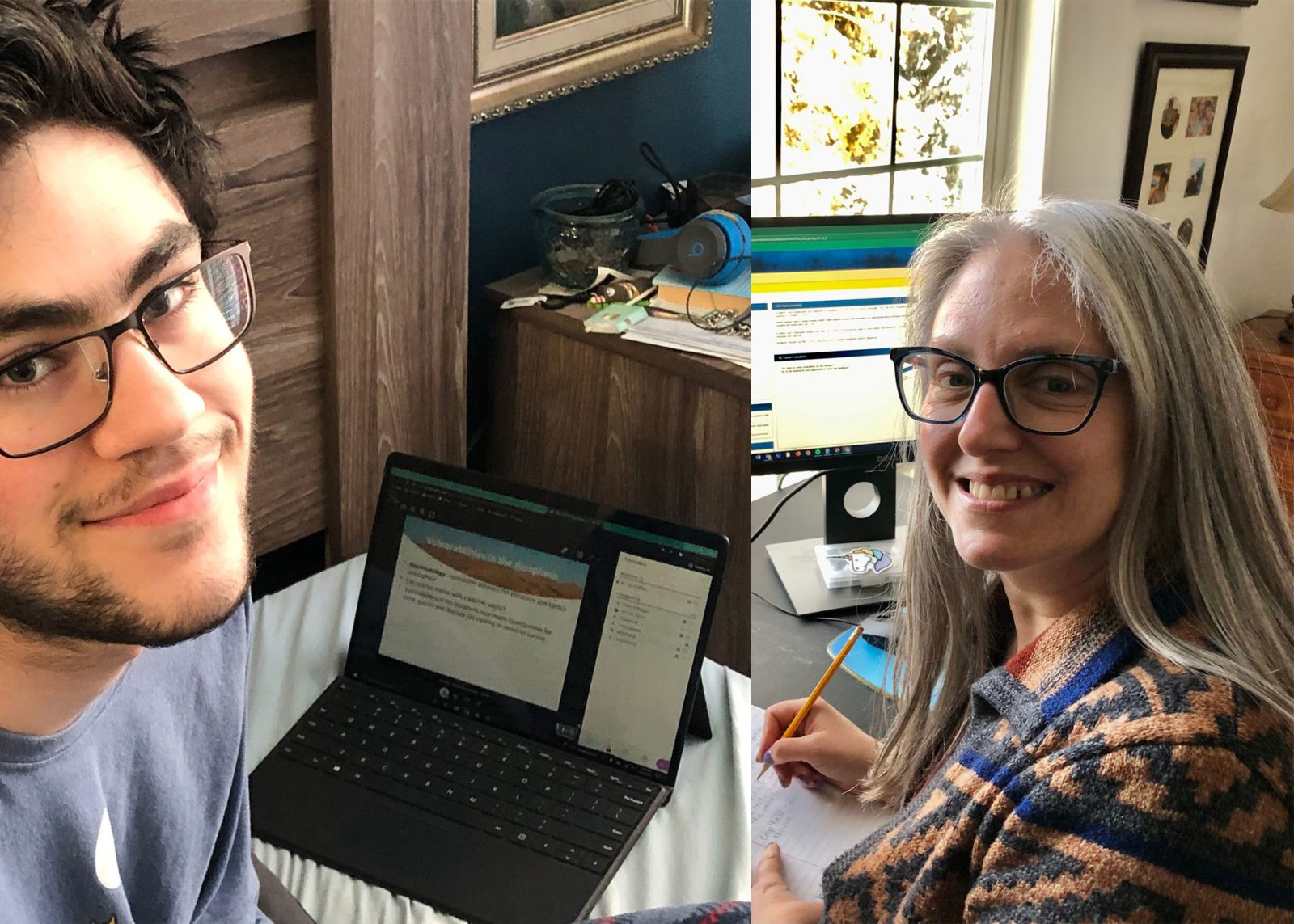
A mom’s lifetime learning: Taking a climate class with her son
